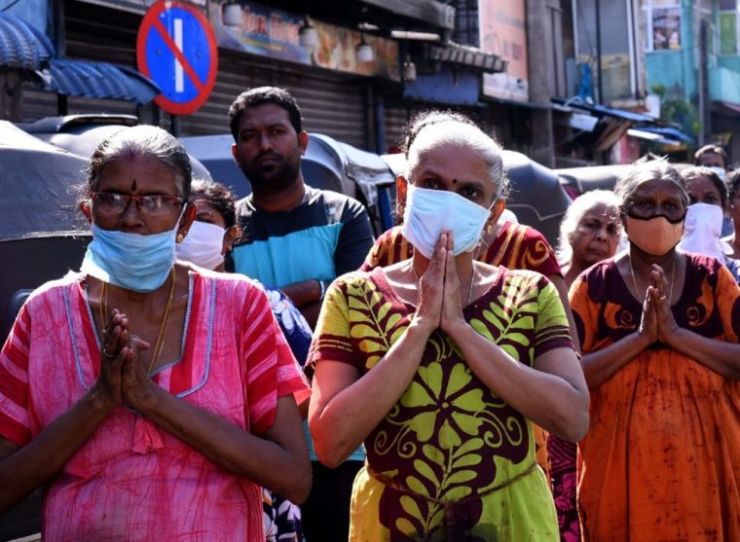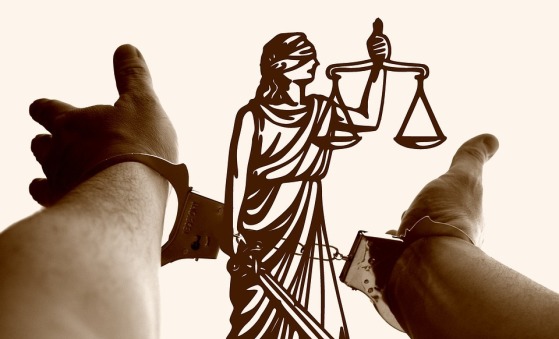
In 2019, Sri Lanka was shaken by a series of Easter Sunday suicide bombings that killed over 270 people, including 11 Indians. The attacks, carried out by the local Islamist extremist group National Thawheed Jamaat (NTJ) linked to ISIS, targeted three churches and three luxury hotels.
Now, former Sri Lankan President Maithripala Sirisena on 20 June 2024, has accused Archbishop Malcolm Cardinal Ranjith of mishandling aid meant for the attack's victims. At a recent media event, Sirisena claimed that donations from Catholic groups, international organisations and Sri Lankan business leaders haven't reached those in need.
Sirisena, who was president during the attacks, said he paid compensation to victims while in office, despite facing numerous lawsuits. He challenged Cardinal Ranjith to provide a detailed list of all aid received and how it was distributed.
"I'd like Cardinal Ranjith to show what happened to the money they received and how it was given out," Sirisena stated. He added that victims haven't received "five cents" of this aid.
These comments come as Cardinal Ranjith announced plans to honour the over 200 Catholic victims as "heroes of faith." The Cardinal has criticized both past and current governments for failing to properly investigate the bombings and deliver justice.
Sirisena himself was found guilty by a special presidential panel for inaction on prior intelligence about the attacks. He was ordered to pay 100 million Sri Lankan rupees in compensation, of which he's paid only part.
This situation raises questions about the management of donations for those affected by the Easter attacks and the ongoing quest for justice. The government maintains that the investigation is still active, with hundreds of arrests made.




